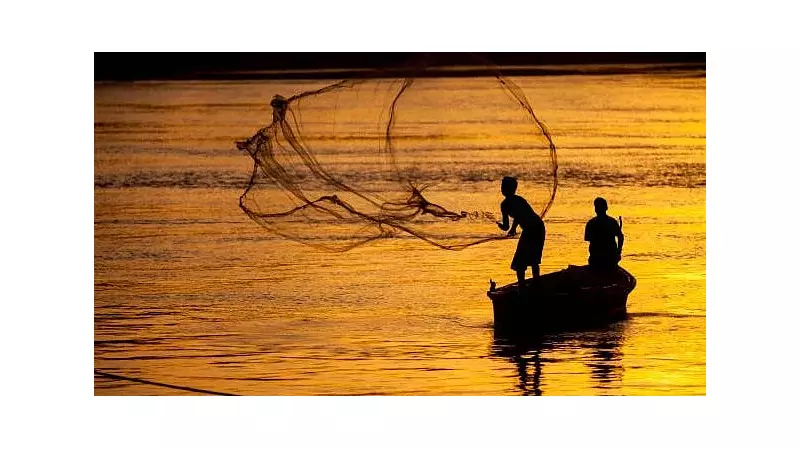
In a landmark initiative that promises to revolutionize India's aquatic resource management, the ICAR-Central Institute of Fisheries Education (CIFE) in Bengaluru is spearheading the nation's first comprehensive fisheries census. This ambitious project aims to create an unprecedented database of the country's fisheries sector, providing crucial insights for sustainable development.
Unlocking India's Blue Economy Potential
The fisheries census represents a significant step toward harnessing India's vast aquatic resources more effectively. Dr. B. K. Das, Director of ICAR-CIFE, emphasized that this initiative will provide "accurate and reliable data about our fisheries resources, fish farmers, and the entire value chain."
This data-driven approach is expected to transform how policymakers, researchers, and industry stakeholders understand and manage India's aquatic wealth. The census will cover everything from traditional fishing communities to modern aquaculture operations.
Comprehensive Data Collection Strategy
The census methodology has been carefully designed to capture the full spectrum of India's fisheries landscape:
- Digital Data Collection: Utilizing advanced technology for accurate and efficient information gathering
- Stakeholder Mapping: Comprehensive profiling of fish farmers, fishing communities, and industry players
- Resource Assessment: Detailed evaluation of both inland and marine fisheries resources
- Infrastructure Analysis: Mapping of processing units, cold storage facilities, and market channels
Transforming Fisheries Management
The census data will serve multiple critical purposes, enabling evidence-based decision making across the sector. Researchers and policymakers will gain unprecedented visibility into:
- Resource distribution and utilization patterns
- Socio-economic conditions of fishing communities
- Infrastructure gaps and development opportunities
- Environmental impacts and sustainability metrics
This initiative comes at a crucial time when climate change and increasing demand are putting pressure on aquatic resources. The comprehensive data will help in formulating targeted interventions and sustainable management strategies.
Boosting Karnataka's Fisheries Sector
As the host institution, ICAR-CIFE Bengaluru's leadership in this national project highlights Karnataka's growing importance in India's fisheries landscape. The state's diverse aquatic ecosystems, from coastal areas to inland water bodies, make it an ideal testing ground for the census methodology.
The project is expected to create new opportunities for fish farmers while ensuring the long-term sustainability of Karnataka's aquatic resources. This aligns with the state's broader goals of economic development and food security.
The fisheries census marks a new era in India's approach to aquatic resource management, promising to unlock the full potential of the blue economy while ensuring environmental sustainability for future generations.






